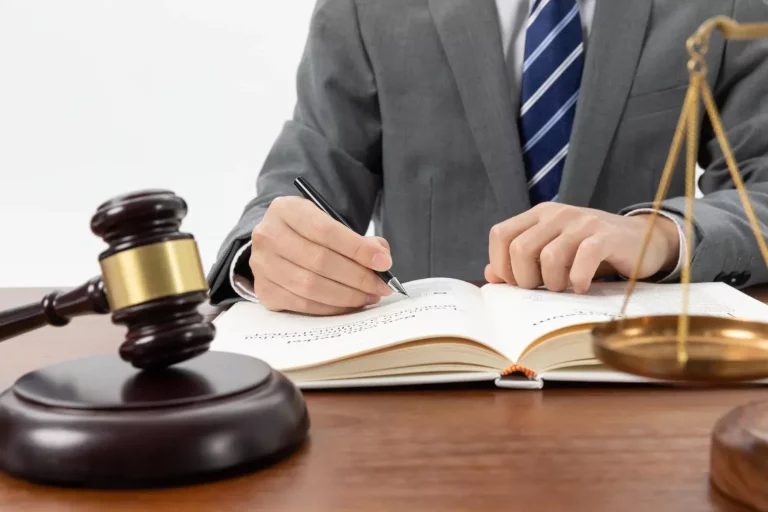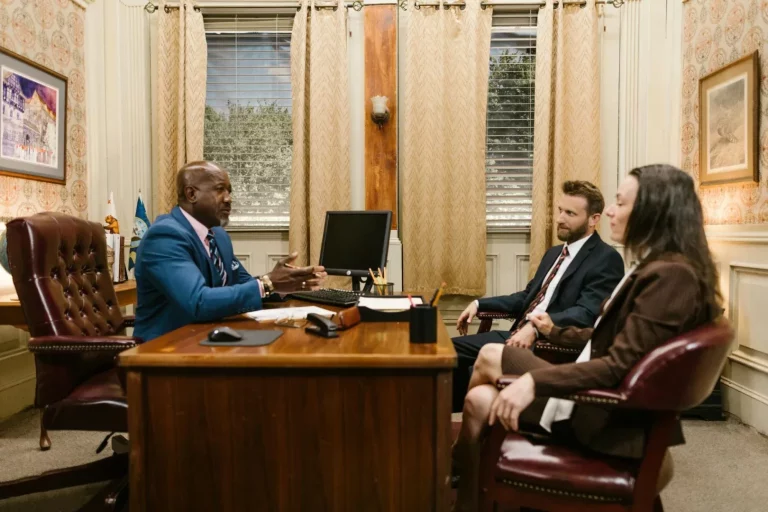Divorce Decree Massachusetts
Have you ever wondered what a divorce decree in Massachusetts actually entails? Our experienced divorce lawyers at TheBostonDivorceLawyer can guide you through the entire process and help you understand every detail of your divorce decree. Let us help you navigate the complexities of divorce law in Massachusetts.
According to Massachusetts law, a divorce decree is a court order that finalizes the end of a marriage. The decree outlines the terms of the divorce, such as child custody, visitation rights, and division of assets.
Court Process
You need to file a complaint for divorce with the court. This document lists the reasons for wanting a divorce and any requests for support, custody, or splitting property. After filing, the other spouse must be given the paperwork and can then respond.
Once the initial paperwork is done, both of you might need to go to a court hearing. Here, temporary decisions about custody, support, and other issues can be made. You both might also need to share financial information to ensure fair splitting of assets and debts.
If you can’t agree on everything, the case may go to trial.You know, at the trial, you both can present evidence and witnesses to support your positions on child custody, support, and property division. The judge will make the final decision based on what is presented.
When a decision is made, a divorce decree will be issued. This document will explain the final terms of the divorce, including how property is divided, custody arrangements, and any support orders. Both parties must follow the terms of the decree, or they could face legal consequences.
In short, getting a divorce in Massachusetts can be complicated and take time, but it’s important to ensure both parties are treated fairly and any children involved are properly cared for.
Division of Assets
When a couple divorces, their property and belongings need to be split fairly. This includes things like the family home, cars, bank accounts, retirement savings, and personal items.
In Massachusetts, there’s a way to decide how to divide these assets. The couple and their lawyers might work out an agreement, or a judge might decide for them. The main goal is to make sure both people get a fair share of what they own together.
Several factors are considered when splitting assets in Massachusetts, such as how long the couple was married, what each person contributed, their financial needs, and any bad behavior that led to the divorce. It seems that both spouses must reveal all their assets during the divorce process to ensure a fair split. This means sharing information about bank accounts, property, retirement funds, and any other important financial details.
Once they decide how to divide the assets, it will be written in the divorce decree. This legal document will explain how everything will be split and might also include details about spousal or child support.
Dividing assets in a Massachusetts divorce can be complicated and requires careful thought and negotiation to make sure both sides are treated fairly.
Alimony
In Massachusetts, a judge can award alimony during a divorce. This financial support is usually paid by the higher-earning spouse to the lower-earning spouse to help them maintain their lifestyle after the divorce. Alimony aims to assist the spouse who may have given up job opportunities or financial independence for the sake of the marriage or family.
Courts in Massachusetts look at several factors when deciding on alimony. These include how long the marriage lasted, each spouse’s financial needs, their ability to earn money, and what each person contributed to the marriage. Frankly, alimony can be set for a fixed period or continue indefinitely, depending on the divorce details.
Recently, Massachusetts updated its alimony laws to make the rules clearer. These new rules consider the marriage length and the income gap between spouses. Alimony payments can change or stop if circumstances change, like if one spouse remarries or their income changes significantly.
Child Custody
Legal custody gives a parent the right to make important decisions about a child’s life, like their education and healthcare. Physical custody determines where the child lives on a daily basis.
When deciding on child custody, the court looks at what will be best for the child. They consider things like how good the relationship is between the child and each parent, whether each parent can provide a stable and loving home, and the child’s own wishes if they are old enough to share them.
In Massachusetts, there are different types of custody. Sole custody means one parent is solely responsible for the child. If you think about it, joint custody means both parents share the responsibilities of raising the child, including making decisions and where the child lives.
Visitation rights are also part of the divorce agreement, detailing when the non-custodial parent can spend time with the child. Sometimes, the court might ask parents to take co-parenting classes or attend mediation to help them work together better for the child’s sake.

Enforcement
This might include things like paying child support, dividing property, or following custody rules. If one person doesn’t follow the court orders, the other person can go to court to make them comply.
One way to enforce the agreement is through a contempt proceeding. This means you file a request with the court stating that the other person is not following the agreement. The court will then have a hearing to decide if the agreement was broken and might give penalties to make the person comply.
My point is, another option is to ask for a judgment for arrears. This happens when one person hasn’t paid the required support, like alimony or child support. The court can order them to pay what’s owed, plus interest and maybe attorney’s fees.
If property isn’t divided as agreed, the court might order the sale of assets or transfer of ownership to ensure both parties get their fair share.
It’s important to follow the legal steps in Massachusetts to make sure the agreement is enforced and both parties are treated fairly.
In Final Consideration
In Massachusetts, a divorce decree is a vital legal document that outlines the terms of a divorce settlement. It includes important details such as child custody, alimony, and the division of assets.
What TheBostonDivorceLawyers is suggesting you start is, understanding and following the guidelines laid out in a divorce decree is essential for both parties to ensure a smooth and fair resolution to the end of their marriage.







